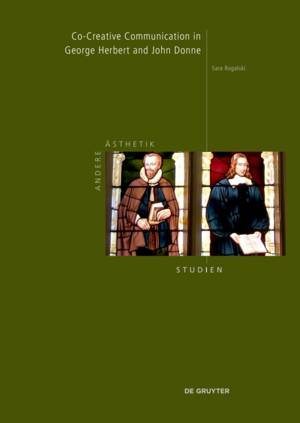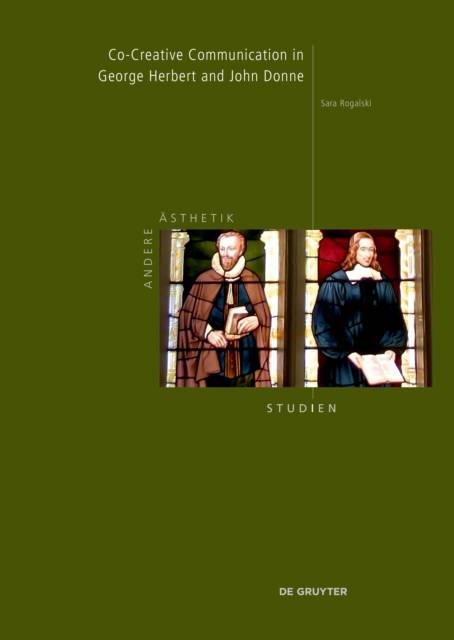
- Afhalen na 1 uur in een winkel met voorraad
- Gratis thuislevering in België vanaf € 30
- Ruim aanbod met 7 miljoen producten
- Afhalen na 1 uur in een winkel met voorraad
- Gratis thuislevering in België vanaf € 30
- Ruim aanbod met 7 miljoen producten
Omschrijving
This study examines the co-creative relationship between speakers, hearers, and God in poetry and prose by George Herbert and John Donne. Through analyses of communicative situations, communicative interactions, and reflections on communication, models of communication are established that underlie the texts selected. In particular, the activity of hearing is shown to be considered essential to the constitution of a meaningful utterance. In this way, a key function of communication becomes apparent: it can yield a range of creative products - from the conversation itself to a literary artefact and its extratextual effects.
This study thus offers a new reading of the texts of George Herbert and John Donne, and provides a clear perspective on how early modern religious texts regarded communication and co-creativity as connected concepts.
Specificaties
Betrokkenen
- Auteur(s):
- Uitgeverij:
Inhoud
- Aantal bladzijden:
- 249
- Taal:
- Duits
- Reeks:
- Reeksnummer:
- nr. 11
Eigenschappen
- Productcode (EAN):
- 9783111161488
- Verschijningsdatum:
- 17/03/2025
- Uitvoering:
- Hardcover
- Formaat:
- Genaaid
- Afmetingen:
- 168 mm x 239 mm
- Gewicht:
- 739 g

Alleen bij Standaard Boekhandel
Beoordelingen
We publiceren alleen reviews die voldoen aan de voorwaarden voor reviews. Bekijk onze voorwaarden voor reviews.









